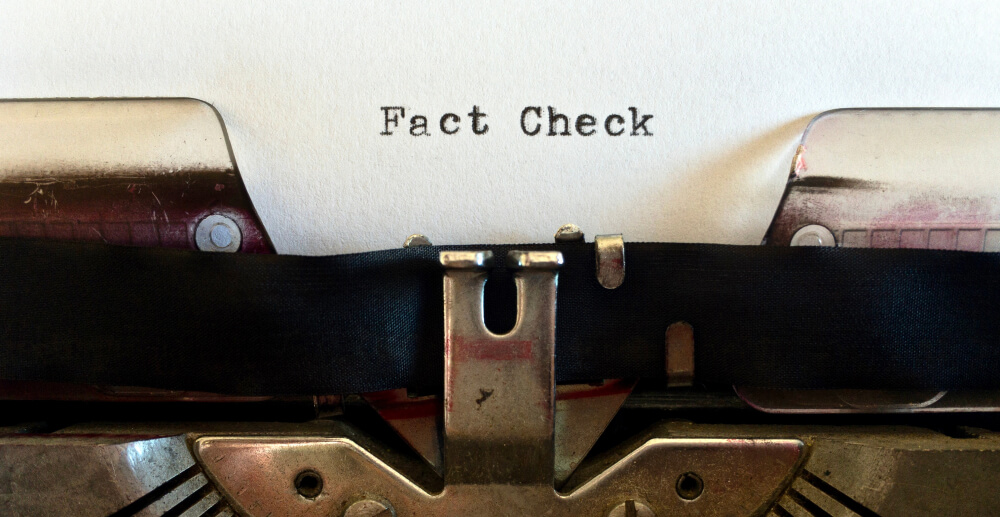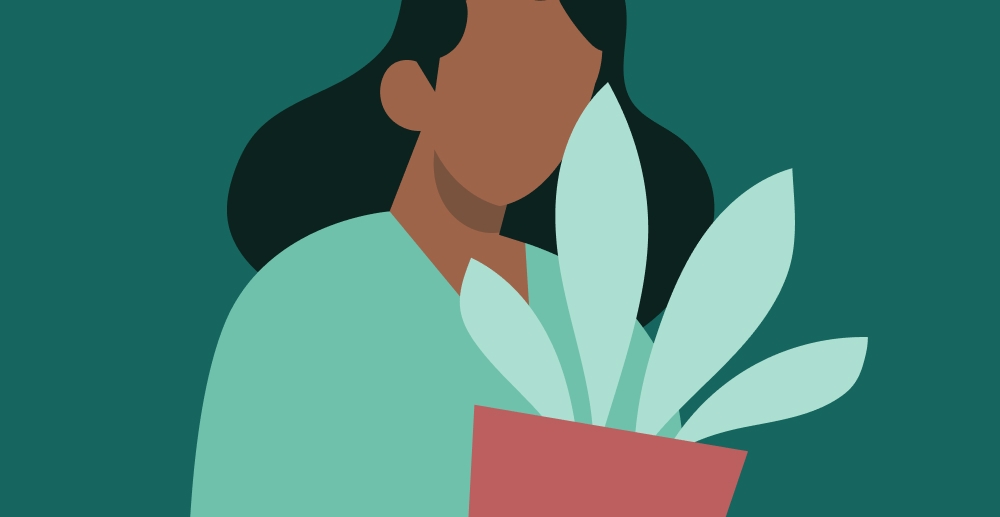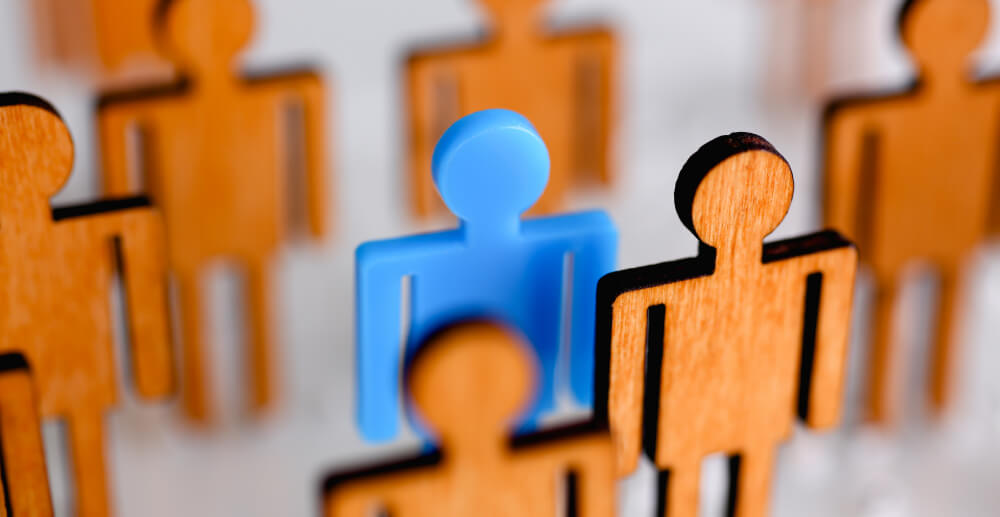If you’ve quit drugs, you’ve probably had using dreams.
Dreams about drinking and using are really common in early recovery, and ofter persist even into long-term recovery. Maybe you dream you’ve been forced to use, or forgotten you were sober, or been stuck in a nightmare where you couldn’t quit or sober up.
I know I’ve had dreams like this. I used to dream about having to go into my 12-step home group and stand up and identify as a newcomer again. I was always so glad to wake up and realize they had just been dreams.
Counselor Chrissy Taylor has also experienced using dreams. She laughs, “I used to joke that I didn’t need to relapse; I just needed to go to bed.”
“I have a recurring dream where I forget that I’m not supposed to be drinking,” Chrissy goes on. “And my dream-self would think, ‘Maybe this can just be a mulligan that won’t count, so I don’t have to tell anyone.’ I probably have those dreams weekly.”
Are dreams about drinking or using something to worry about?
Chrissy says no. “I don’t put that much thought into them,” she says. “I work in a recovery environment, so I’m often thinking about drinking and using. So I don’t think it’s unusual to also dream about them.”
“Those moments when you wake up and realize it was all a dream? Chrissy recommends viewing those as gratitude moments. Chrissy says, “Those dreams are like a gift from my subconscious, when I can revel in the fact that that isn’t my life anymore. I’m always so thankful that the dream scenario wasn’t real.”
I agree with her. Whether my dream is one in which I have an excuse to use drugs (like, I forgot that I’m sober now) or a darker situation, I’m always so relieved that the dream isn’t my reality.
There is a lot of dream analysis information online that can suggest what your dreams mean, encouraging you to read a lot into them. Chrissy disagrees with these guides.
“I don’t think it means much. We don’t control what we dream about. Your dreams aren’t an indication of how well you’re doing in your recovery or a sign of any struggles. I just think they happen to us all.”
“But we can control how we react to them,” she says. Here are her suggestions for what to do:
- Make it a reason for gratitude. Try to flip the script and make your awakening from a drinking or using dream a moment of gratitude rather than of fear. As we discussed above the relief can be great. Let it spur you to appreciate your recovery.
- Reassure yourself that the effects of the dream won’t last. Even if a dream is really vivid in the moment or shortly after waking, we all know that our dreams lose intensity and fade in our minds over time. So just wait. It WILL feel less real.
- Talk about it. Reach out to a recovery buddy, sponsor, coach, or recovery group and get the dream off your chest. Often opening up about it can make a dream less worrying.









